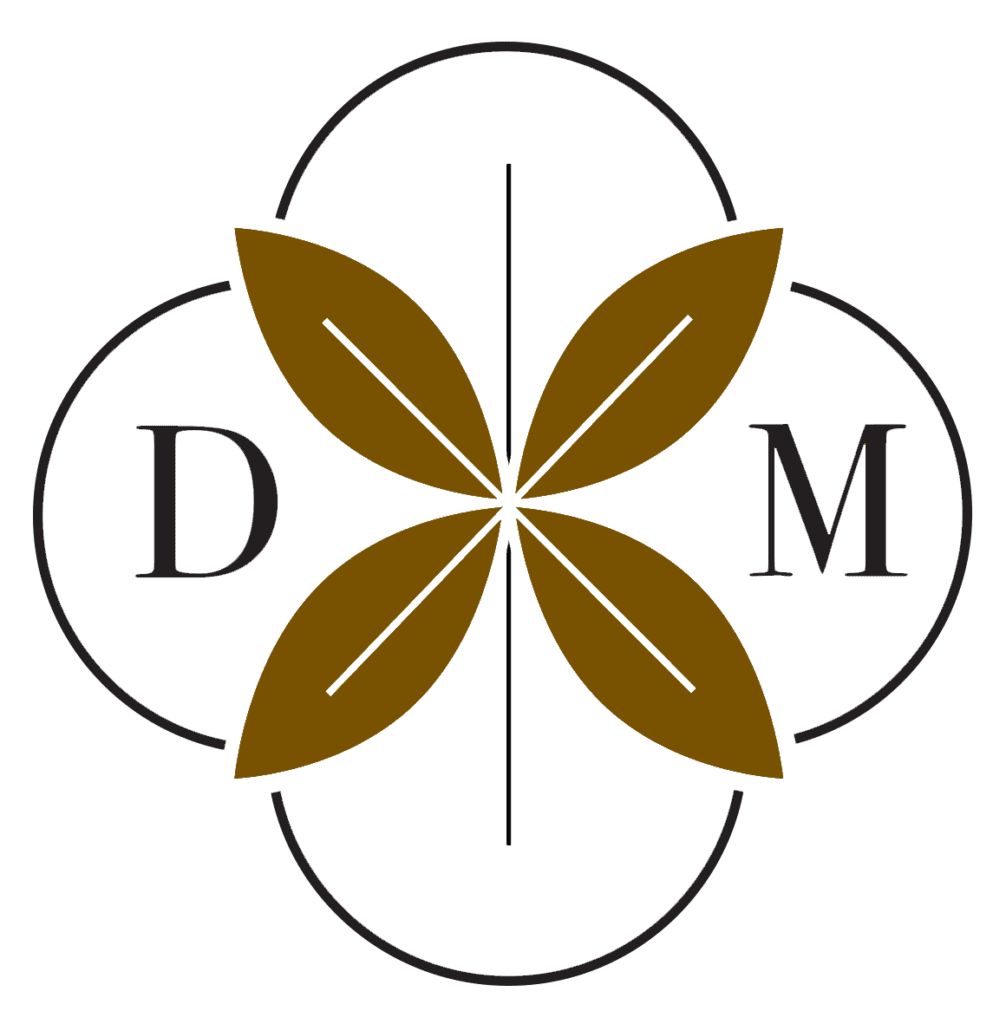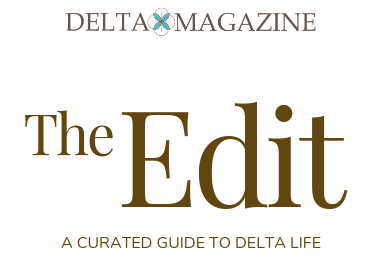By JIM BEAUGEZ • Photos courtesy of RETTA BOYD
Alyssa Killebrew and Heather Sellers find clarity in the face of tragedy on the hunt for big game

On a cloudless summer day in southeastern Montana, sisters Alyssa Killebrew and Heather Sellers, née Ellis, are seated outside on a deck with an Instagram-ready view behind them of rolling prairies and hills stretching to the horizon.
The adventurous siblings and seasoned hunters are here on a depredation hunt, helping a local rancher reduce the population of prairie dogs, whose burrows are causing injuries to livestock. The coyotes stalking the animals at dawn and dusk are on the list, too. And the duo is also planning their next visit to Big Sky country, when they hope to train their sights on a mountain lion.
But the time they spend outdoors pursuing wild game is more than recreation or sustenance, although the contents of their freezers can certainly attest to the latter. Destination hunts have become essential for both women, giving them space to think, to decompress, and to make sense of lives that have been reshaped by personal loss.
“You come out here and your mind is relaxed,” says Sellers, a political consultant who also cares for her husband, Rick Sellers, who is suffering from a form of early-onset dementia. “You’re able to have time where you’ve totally decompressed. Sitting here and feeling the breeze and looking at how beautiful it is when the sun sets and the animals come out, it’s just a great time to be out in the wilderness and enjoy what God has made for us.”
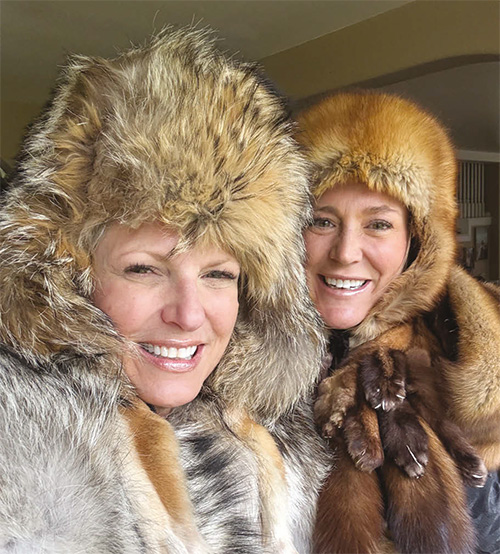
A hunt in Alaska’s remote Yukon River region earlier this year, where each of them harvested a grizzly bear, not only dropped them deeper into true wilderness than they’d ever gone; it also gave them time alone with their thoughts and the space to make sense of them. “That was a chance for us to realize that while we’ve had some tragedies,” she says, “this is time for us to start living.”
Killebrew’s recent past has also been marked by hardship and heartbreak. Her husband, Keath Killebrew, died in a plane crash in 2021, not long after they lost their newborn daughter. Within a single year, Alyssa lost both her husband and daughter, as well as her best friend.
“That hunt was about restoration for us,” Killebrew says. “After you lose your soulmate and then you’re watching your sister’s husband deteriorate from frontotemporal dementia—we’re two women who are raising our children, essentially as widows.”
The daughters of renowned bowhunter Billy Ellis, who was recently inducted into the hall of fame for the Pope and Young Club, a conservation and ethical hunting group, have sought the simultaneous solitude and rush of the hunt since childhood, when they hunted deer and hogs with their father on Donaldson Point in Bolivar County. The elder Ellis, now living with Sellers in Ridgeland, also operated a high-fence hunting club for physically challenged bowhunters.
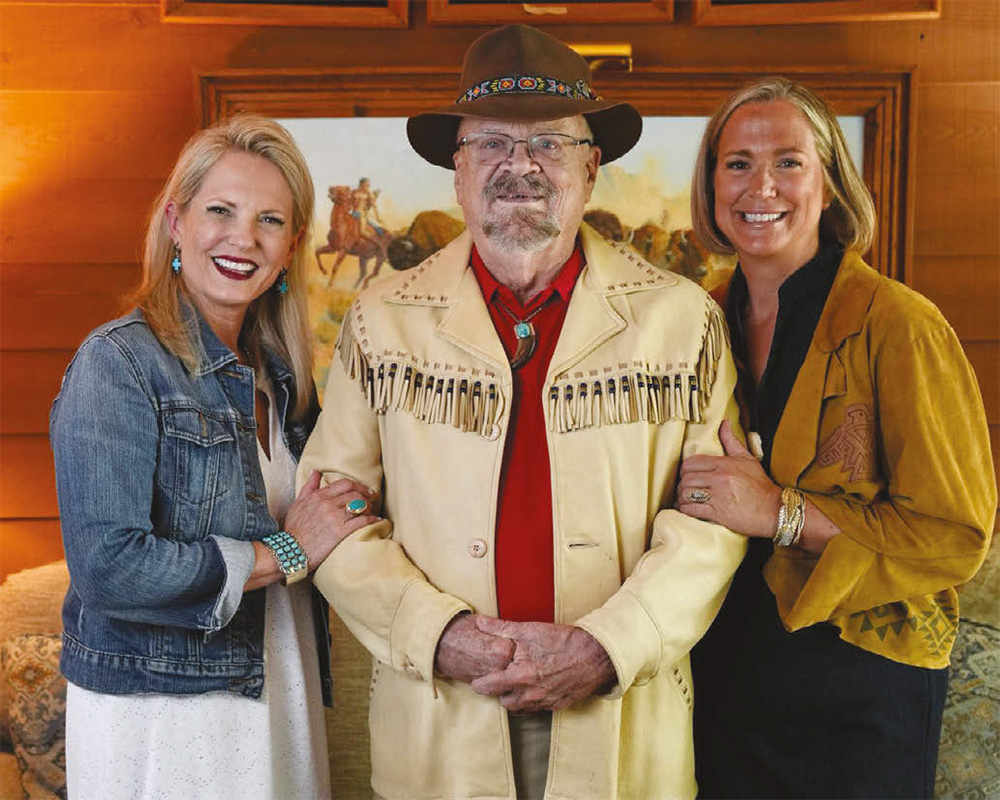
“We had a bow before we had a Barbie doll,” says Killebrew, who runs a mental health practice in Ridgeland and leads a trauma-focused summer camp for children, along with an agricultural foundation that supports rural youth. The stillness of the outdoors, she says, is the only place where she can hear herself think.
“When I’m quiet and still, I’m still working,” she says. “I’m trying to figure out difficult cases and how to treat my patients while I’m up in the [tree] stand. I write notes about how I can help people better understand themselves and their loved ones.” It’s also when she feels closest to God. “Every time I get away, I come back with a new perspective and something God has put on my heart to help somebody else.”
While the sisters have always been close, despite being nine years apart in age, they didn’t begin pursuing big game hunting together until after Keath died. In the past few years, they’ve filled freezers for an orphanage in South Africa together, and on an alligator hunt in Louisiana, Sellers came home with a twelve-foot gator and a scar from scope burn, a memento she wears with pride.
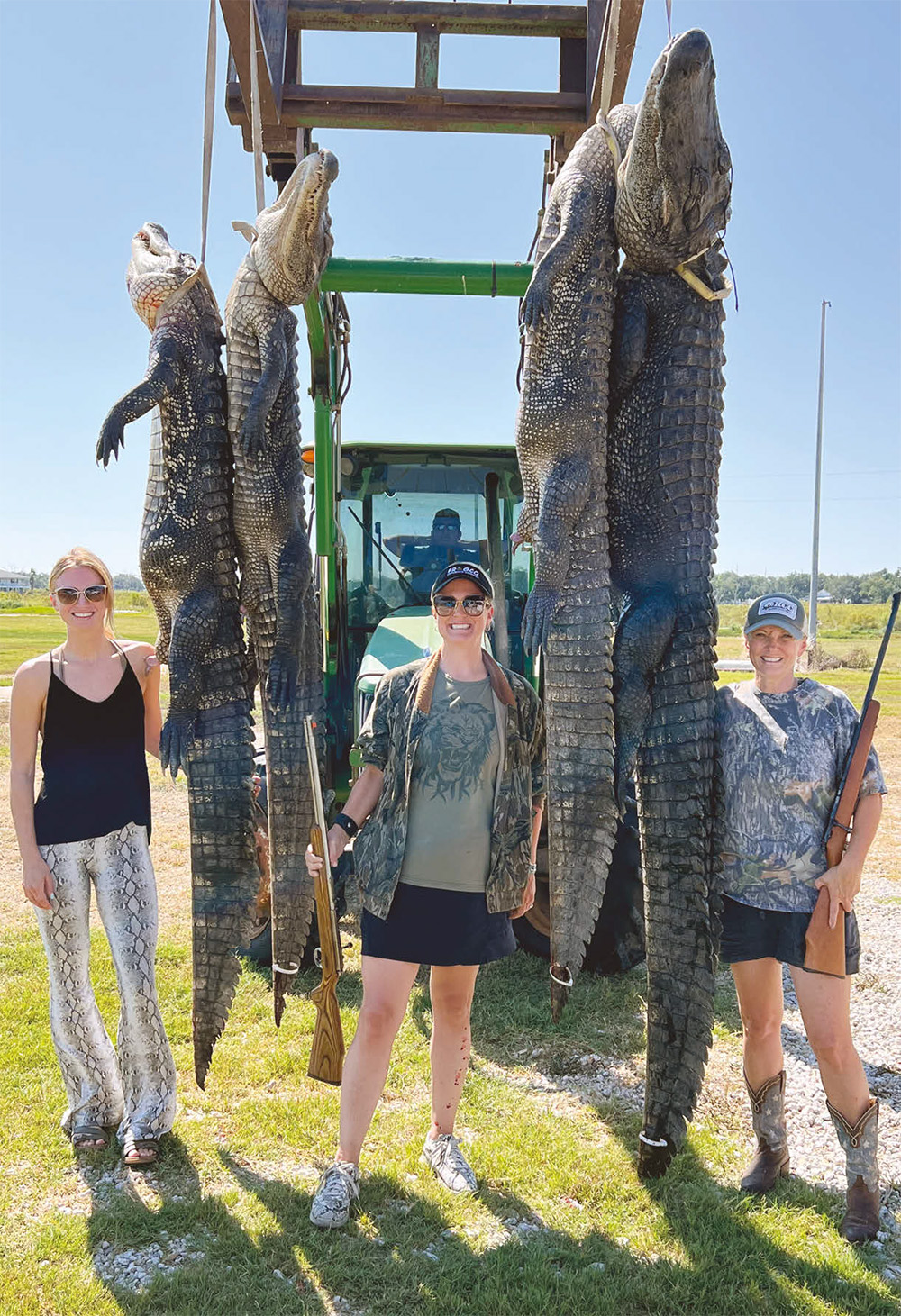
“I call that my gator scratch, and I won’t let any surgeon or Botox ever touch it,” she says. “I’m so proud of it. I want it right there, ‘cause I’m like, don’t mess with me.”
The connection they feel to the land is personal and generational. Recently, they acquired their family’s farm in Bolivar County, where their roots run deep. “Our ancestors, they stuck together,” says Killebrew. “When someone passed away and when somebody had it hard, they ended up just taking care of each other.”
Their great-aunt, Laura Maie Keeler, became a formative figure in the family legacy. At eighteen, after losing her father and brothers to typhoid fever, she left school in Virginia to come home and take over the family plantation near Shelby. She built a church and a school for the people who worked there and became known as a strong and principled leader.
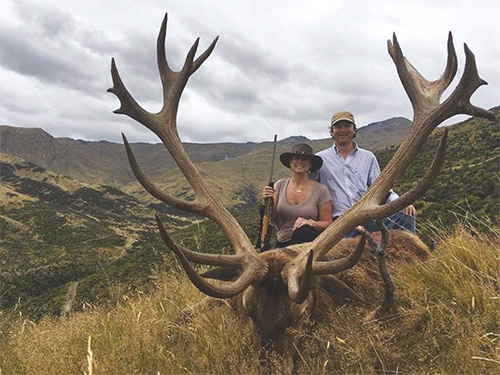
“That was the kind of person she was—that’s our lineage,” Killebrew says. “You have to be a strong Delta woman who just picks it up and keeps on moving forward and tries to make an example for their children.”
Killebrew showed all the character her kids need to see when she decided to undergo IVF using an embryo that she and Keath saved from her pregnancy in 2020—the fraternal twin of Sara Elizabeth, the daughter they lost to complications from COVID. Scarlett Ellis Killebrew, born in tribute to her late father and sister, is now eight months old and healthy.
Back in Alaska, Killebrew and Sellers battled freezing weather to bag those grizzlies, including a massive, ten-foot, two-inch bear Killebrew felled with a .375-caliber rifle. “Heather dropped hers immediately,” she recalls, “but I shot mine just below the shoulder, and he ran for sixty yards. They eat bullets.” Remembering a story one of their guides shared about his father, who had been severely mauled by a grizzly, she decided not to take chances on becoming a victim herself. “When I walked up on him, I shot him a second time and was about to rack for a third when my guide said, ‘He’s dead, I promise.’”
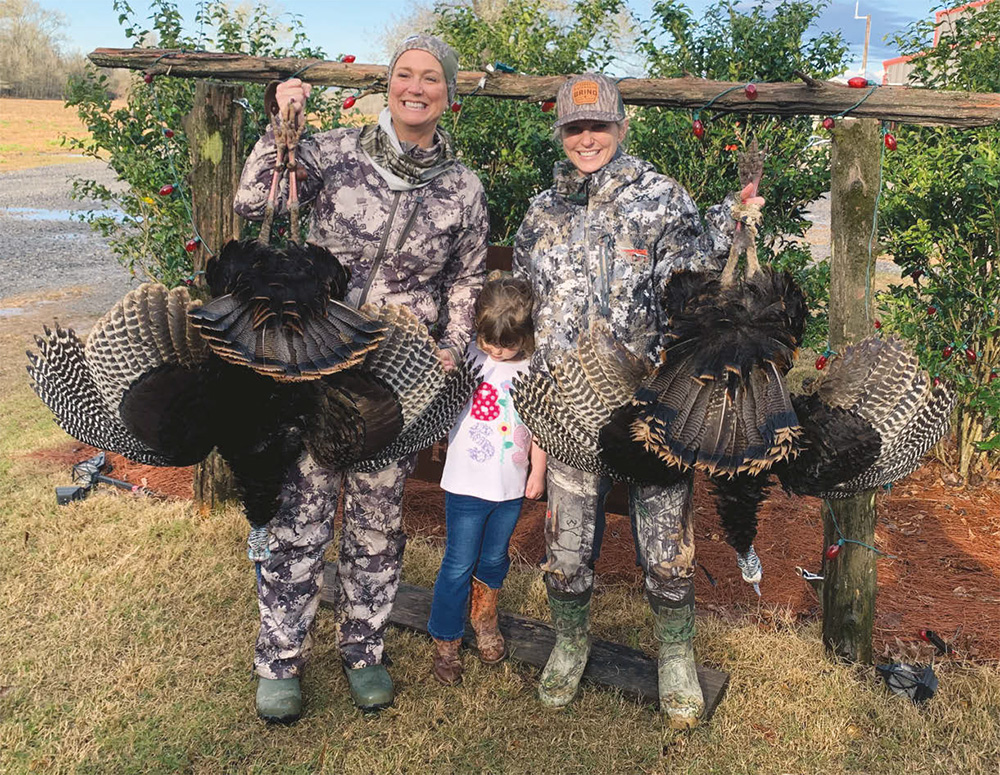
There’s humor in the way she tells it, but also a hint of the grit that’s kept them going when it would have been easier to retreat.
“You have a choice,” Killebrew says. “Am I just going to fold and pull the covers over my head? Or am I going to try to enjoy the life I have and play the cards I have? For us, giving up isn’t an option.”
